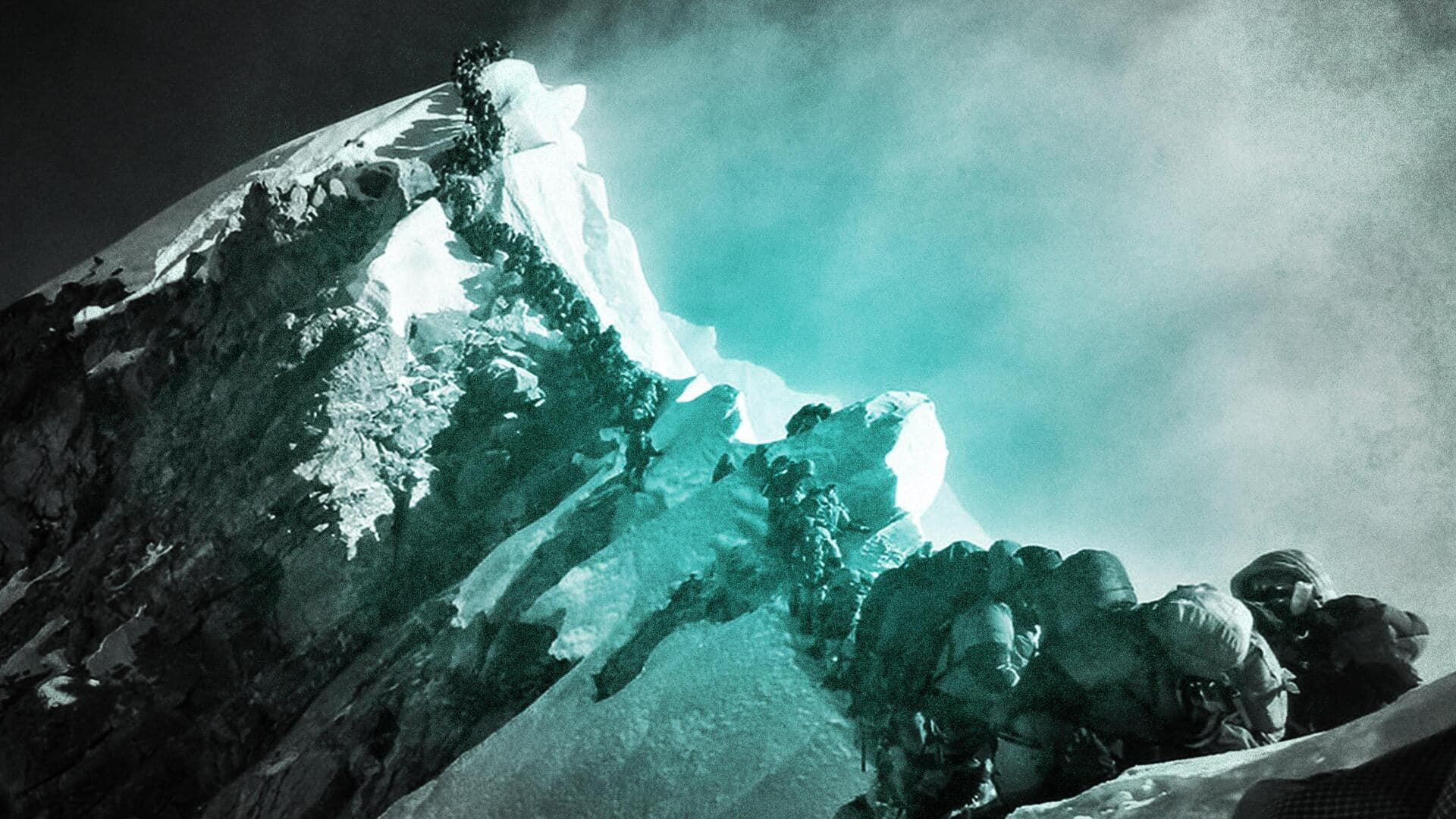
Bring human waste back to base camp: Everest climbers told
What's the story
Mount Everest climbers will now be required to carry their waste back to the base camp for proper disposal, local authorities have said. Noting that human waste is now visible on mountain tops, the Chairman of Pasang Lhamu rural municipality Mingma Sherpa remarked, "Our mountains have begun to stink." He added that it was causing some climbers to fall sick. In 2023, at least 900 climbers attempted the revered Everest Summit, according to the Firstpost.
Context
Why does this story matter?
Nepal's Pasang Lhamu municipality, which covers most of the Everest region, has introduced the new rule as part of a broader effort to address environmental concerns. Officials argued that due to extremely cold temperatures, the excrement left on the mountain does not decompose. At present, climbers and support staff dig holes to dispose of the waste, however, there are areas with less or no snow, where climbers excrete in the open; limiting options for its disposal.
Strict checks
Waste bags to be checked upon return
Under the new rule, climbers tackling Mount Everest and Mount Lhotse must purchase special "poo bags" at the base camp, which will be inspected upon their return. Chhiring Sherpa, CEO of the non-government organization Sagarmatha Pollution Control Committee (SPCC), explained that waste management remains a significant challenge, particularly in higher camps with limited accessibility. The SPCC estimates that approximately three tons of human excrement are scattered between Camp One at the base of Everest and Camp Four near the summit.
In planning mode
8,000 bags procured for upcoming climbing season
For the upcoming climbing season starting in March, the SPCC plans to acquire around 8,000 "poo bags" from the US for an estimated 400 foreign climbers and 800 support staff. These bags contain chemicals and powders that solidify human waste and reduce odor. Dambar Parajuli, president of the Expedition Operators Association of Nepal, suggested implementing this initiative as a pilot project on the Everest before expanding it to other mountains.
History
Nepal's earlier efforts to tackle issue
Nepal's central government has previously introduced mountaineering regulations but faced criticism for inadequate enforcement. Mingma Sherpa acknowledged that the lack of liaison officers on-site has led to issues such as climbing without permits. He, however, said, "This will all change now. We will run a contact office and make sure our new measures, including bringing climbers back to their excrement, are implemented."